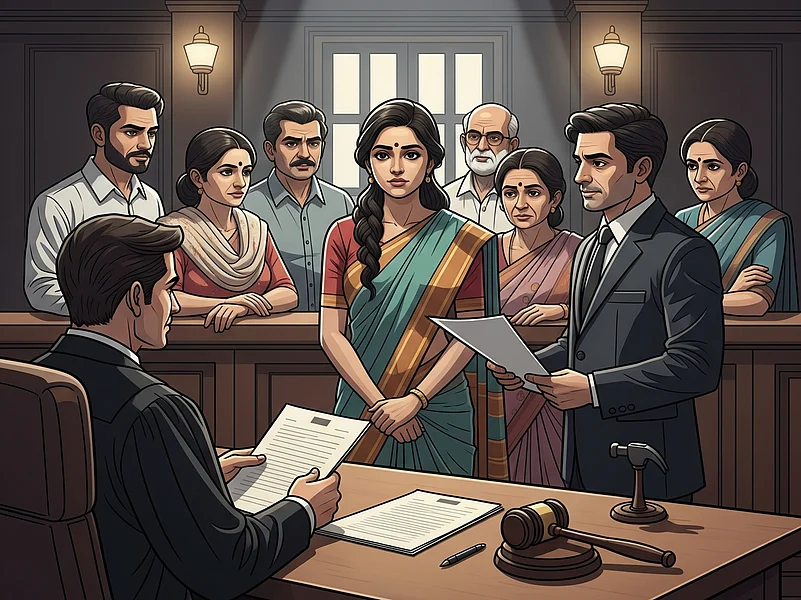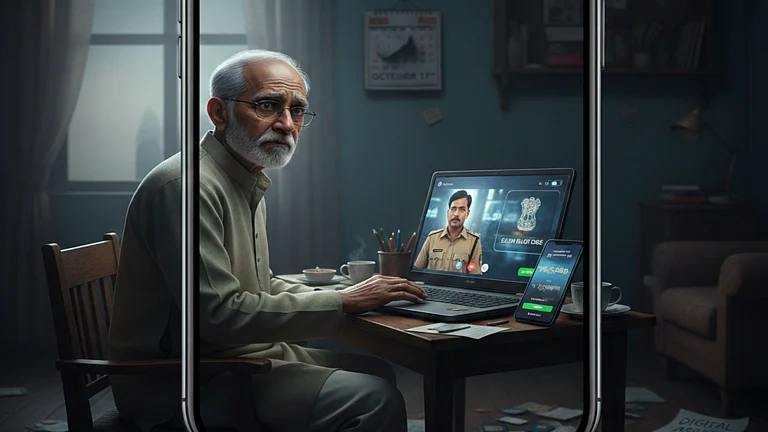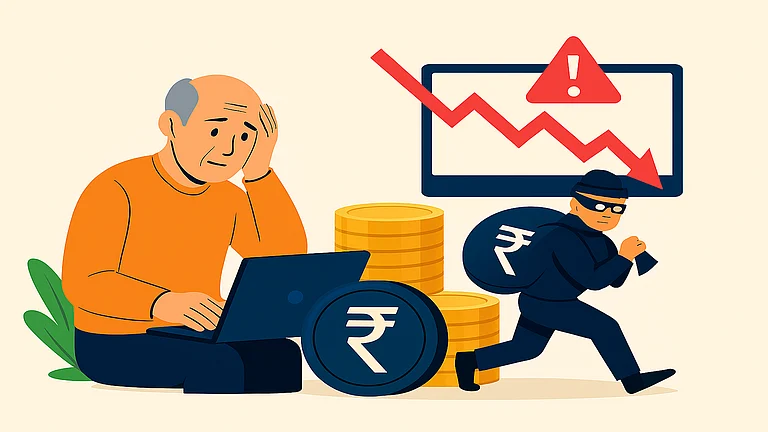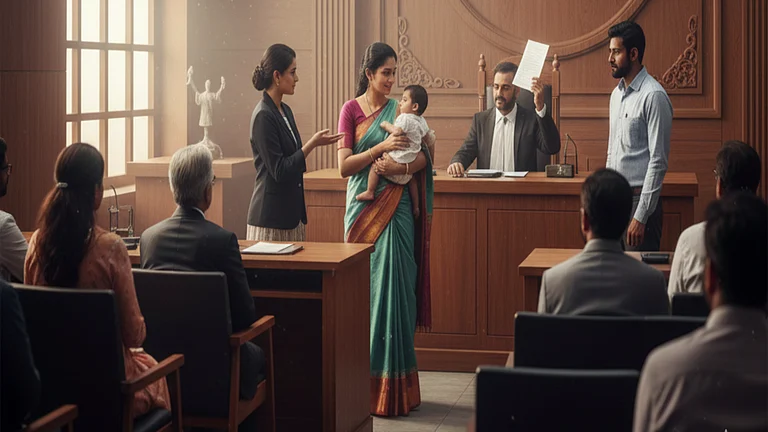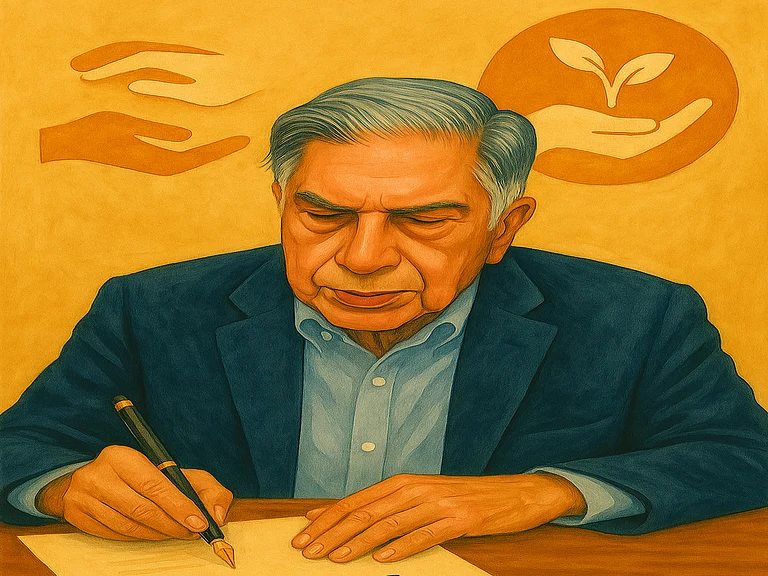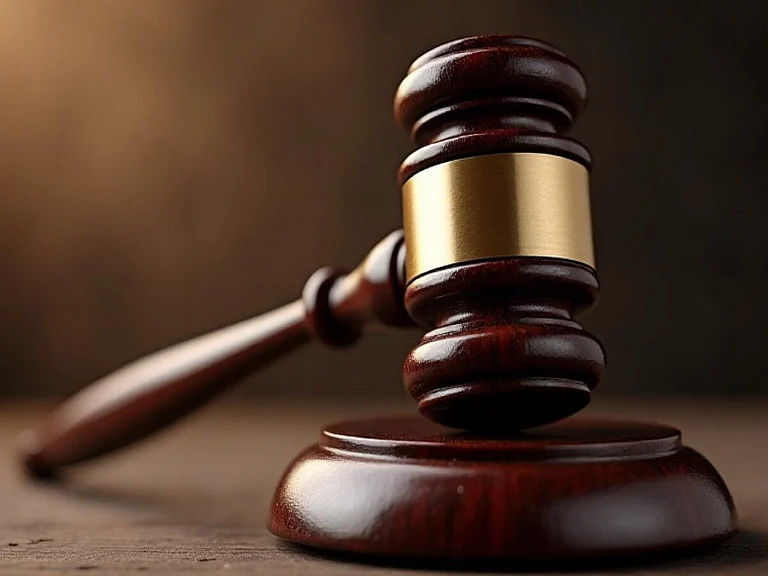Old age has its own issues. It is not only failing physical strength but also memory challenges as well as social isolation. While these can be visible, one of the lesser-known but widely prevailing issues also persists, which is emotional health. According to a study by the India Intergenerational Bonds (INBO) – HelpAge India Report 2025, which surveyed individuals including both young and elderly in 10 Indian cities, found that around 34 per cent of the elderly feel neglected or abused, and around 41 per cent feel a lack of respect from the younger generation. There are many cases where people in their 60s, 70s, or even 80s have to approach the courts because their children have taken away their property and assets and don’t treat them well.
Changing family structure is a by-product of a changing job market, concentration of job opportunities in a few cities, and evolving social structure. Amid this, most senior citizens, particularly those who do not have a pension income, depend on their children for their finances, healthcare, and other daily needs in old age.
To ensure a dignified old age, the Senior Citizens Act 2007 lays down rules. It provides seniors the right to maintenance from children and approach authorities if children fail to do so. However, many times such cases go unreported, and seniors keep living in a toxic environment.
Note that the law provides them the necessary flexibility and they can spend their old age in a better environment if they become aware of their rights.
Section 4 Of The Senior Citizen Act 2007:
It deals with the Maintenance of Parents and Senior Citizens.
According to it, “A senior citizen including a parent who is unable to maintain himself from his own earning or property owned by him, shall be entitled to make an application under section 5 in case of - i. parent or grand-parent, against one or more of his children not being a minor ii. a childless senior citizen, against such of his relative referred.”
Relative means any legal heir of the childless senior citizen who is not a minor and who will inherit the senior’s property or is already in possession of it.
So, the law ensures that every senior citizen lives a normal life in their twilight years.
Section 5 Of The Act:
Section 5 of the Act deals with seniors’ maintenance applications to designated authorities.
While the law allows seniors to ask for maintenance from any of the children or all children, typically, they depend on only one child they are living with.
Is It Mandatory For All Children To Maintain Their Parents?
Apeksha Lodha, Partner, Singhania & Co., clarifies, “Parents can seek maintenance from all or any one child provided the child is not a minor. However, the children can pray to implead other children to the maintenance application.”
In case of a dispute, seniors can decide whether they want maintenance money from one or all children and who they want to live with. Read here to know more.
Can A Daughter Or An Adopted Child Be Held Responsible For Maintaining Parents, Even If They Have Other Siblings?
Lodha explains, “Daughters and sons are equally responsible for maintaining their parents. The law does not differentiate between sons and daughters”, and adds that an adopted child is also responsible for maintaining parents under the Act. The Act defines parents to include both biological and adoptive parents and mandates children to maintain their parents to the extent that the parents can lead a normal life.”
Also, the law does not require a parent to stay with an abusive child to receive maintenance. “They can very well choose to live with another child while taking maintenance from other children”, says she.
Needless to say, older adults want to be respected and stay with their family, but if the home environment becomes toxic, they must know what they are entitled to.



